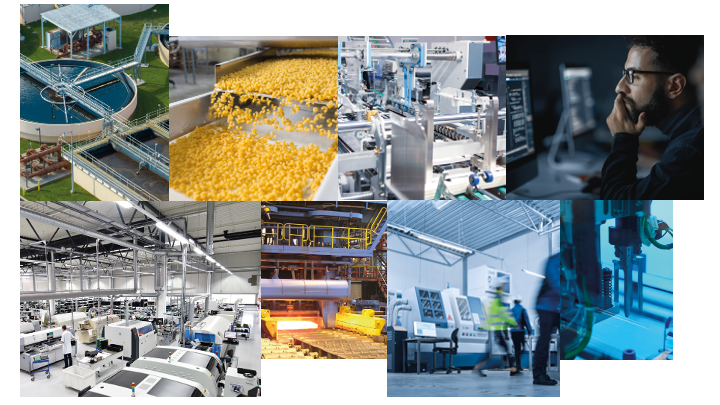The Benefits of Built-In Quality Control in the Manufacturing Process

In today’s competitive industrial landscape, manufacturers are under constant pressure to deliver high quality products quickly and cost effectively. One of the most effective ways to achieve this is by integrating quality control directly into the manufacturing process. This proactive approach to quality assurance not only improves product reliability but also enhances operational efficiency, customer satisfaction, and overall profitability.
1. Early Detection of Defects
Embedding quality control throughout the manufacturing process allows for real time monitoring and immediate detection of defects. Rather than waiting until the final inspection phase, built in quality systems identify problems at the source whether in raw materials, machinery, or assembly practices. This early intervention prevents defective products from advancing further down the production line, reducing the need for rework or scrap.
2. Cost Reduction
Detecting and correcting defects early significantly lowers costs associated with waste, rework, and recalls. Traditional ‘end of line’ inspection models often results in expensive corrective measures and potential delays. By catching issues as they arise, manufacturers save on materials, labour, and time, ultimately improving their bottom line.
3. Consistency and Standardization
Built in quality control helps ensure that every product meets predetermined standards and specifications. Automated systems and process checks maintain uniformity across batches, which is essential in industries like automotive, aerospace, and pharmaceuticals where even slight variations can lead to serious consequences. This consistency boosts brand reputation and consumer trust or the opposite if it is seen to be missing.
4. Enhanced Customer Satisfaction
When quality is built into the process, the final product is more likely to meet or exceed customer expectations. Fewer defects mean fewer customer complaints, returns, and warranty claims. Satisfied customers are more likely to become repeat buyers and recommend the brand to others, contributing to long-term business growth.
5. Improved Compliance and Risk Management
Regulatory compliance is a critical concern in many manufacturing sectors. Built in quality control ensures that products adhere to industry standards and legal requirements throughout production. This proactive compliance reduces the risk of legal issues, fines, and damage to brand integrity.
6. Empowered Workforce
Quality control embedded in the manufacturing process often involves training workers to recognize and address quality issues themselves. This empowerment fosters a culture of ownership and accountability. Employees become active participants in quality assurance, which can lead to increased job satisfaction and a more motivated workforce.
7. Data Driven Decision Making
Modern built-in quality systems leverage sensors, automation, and data analytics to monitor and improve processes continuously. These systems provide valuable insights into performance trends, process bottlenecks, and areas for improvement. Manufacturers can use this data to refine operations, forecast maintenance needs, and innovate more effectively.
8. Faster Time to Market
By minimizing rework and streamlining the production process, integrated quality control accelerates manufacturing cycles. Products can move from design to delivery more quickly, giving companies a competitive edge in responding to market demands and launching new offerings.
What Next
Embedding quality control into your process first often needs a mind shift. Then it may be a matter of engaging your plant operators or upgrading your plant systems and controls to accommodate in-line testing. Contact us at sales@mymanufacturingplant.com or via www.mymanufacturingplant.com lets to discuss how to help you bring quality control on to your plant or process.
Comments are closed.